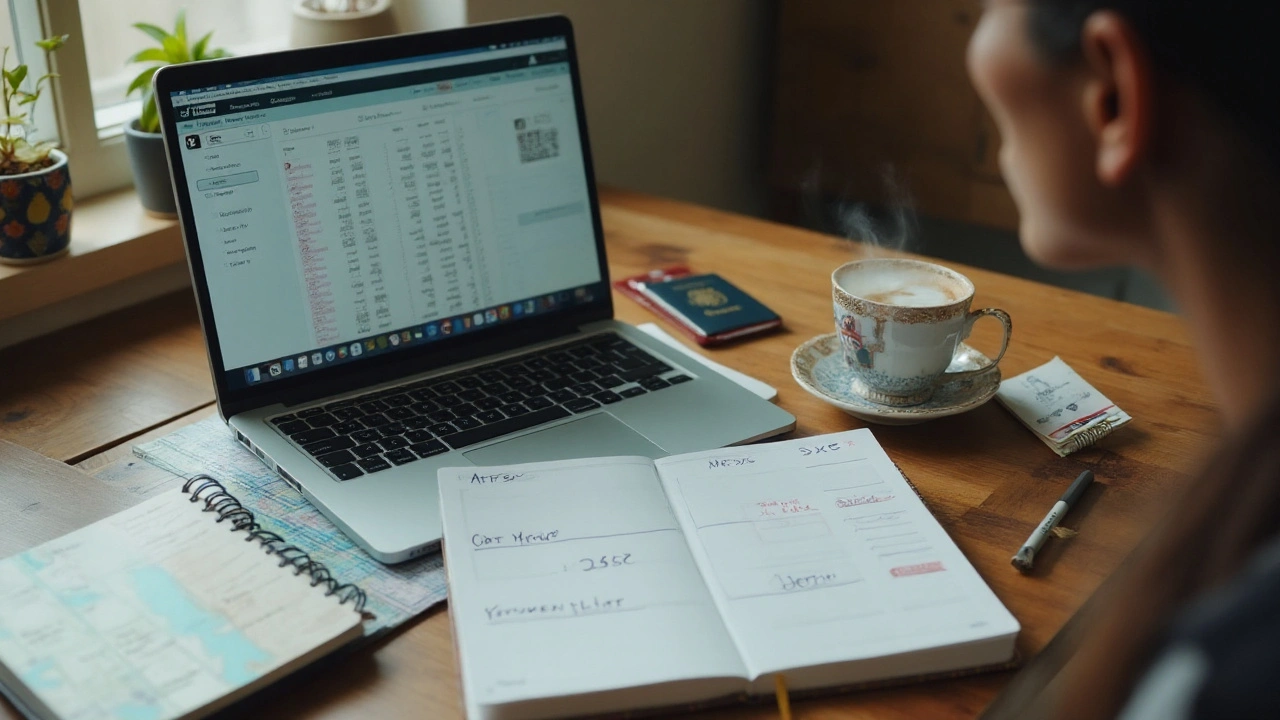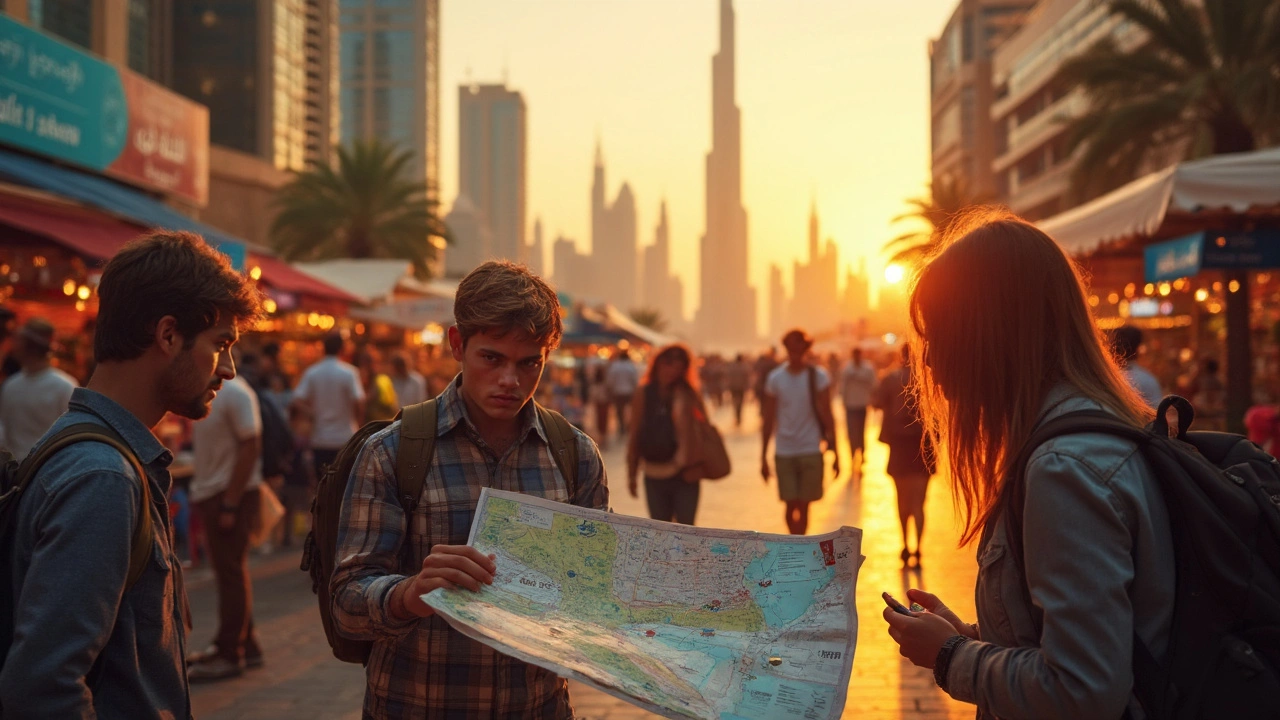Dubai Travel Cost Guide 2025 – What You Really Pay
If you’re thinking about a trip to Dubai, the first thing on your mind is probably the price tag. Is it doable on a tight budget, or do you need to splurge? Below you’ll find a clear, no‑fluff breakdown of what a typical visitor spends on flights, accommodation, food, transport and attractions in 2025. Use it to size up your budget and avoid nasty surprises.
Breakdown by Category
Flights. From major UK cities you’ll see round‑trip tickets between £350‑£600 on budget carriers, while premium airlines charge £800‑£1,200. From the US, expect $900‑$1,500 for economy seats and $2,200‑$3,500 for business class. Booking 2‑3 months ahead usually nets the best deals.
Accommodation. Dubai’s hotel market is huge. Hostels and budget hotels start at £30‑£50 per night in areas like Deira. Mid‑range 3‑star hotels sit around £80‑£130, offering pool access and central locations. Luxury 5‑star resorts, especially on the Palm or Marina, range from £250‑£500 per night, sometimes more for sea‑view suites. If you’re okay with short‑term rentals, Airbnb listings average £70‑£120 for a one‑bedroom flat in a good neighborhood.
Food. Street food and fast‑casual spots cost £5‑£12 for a hearty meal. Mid‑range restaurants charge £20‑£35 per person for a three‑course dinner. Fine dining, especially at iconic hotels, can easily hit £70‑£120 per person, wine included. A practical tip: sample the local shawarma for under £5 and save your wallet for a splurge night.
Transport. The Metro is the cheapest way to zip around, with single rides at £1‑£3. Taxis start at £2.50 and run about £1 per kilometre; a typical airport‑to‑city‑centre ride costs £30‑£35. Car rentals start at £30‑£40 per day, but factor in fuel (£0.60 per litre) and parking fees.
Attractions. The Burj Khalifa "At The Top" ticket is £25‑£40 depending on level. Desert safaris range £45‑£80, including dinner. Museum entry fees are modest (£5‑£12). If you want a theme‑park day, expect £60‑£90. Many hotels offer free entry to their beaches and pools, which helps stretch your budget.
Saving Tips & Hidden Costs
One hidden cost many forget is the 5% service charge on restaurant bills plus a 20% VAT. Adding this up early prevents shock at checkout. To cut down on transport, buy a Nol card for the Metro and buses—daily caps keep you under £10.
Shopping in souks can be a bargaining sport. Set a max price in your head and stick to it; vendors respect confidence. For sightseeing, buy a combo ticket that bundles Burj Khalifa, Dubai Aquarium and a dhow cruise—often 15% cheaper than buying separately.
Plan your trip around the off‑peak season (May‑September). Hotel rates can drop 20‑30%, and indoor attractions stay just as cool. Keep an eye on flash sales from airlines; a last‑minute deal can shave £100 off your flight.
Finally, track every expense in a simple spreadsheet or budgeting app. When you see a pattern—say, daily coffee runs costing £15—you can cut back and reallocate that money to a desert safari or a night out.
With these numbers and tips, you should be able to map out a realistic Dubai budget, whether you’re aiming for a backpacker vibe, a comfortable mid‑range stay, or outright luxury. Happy planning, and enjoy the mix of modern skyscrapers, golden beaches, and unforgettable experiences Dubai has to offer.

- Sep, 3 2025
- 0 Comments
Is Dubai Expensive for Americans? 2025 Prices, Budget Tips, and Cost Breakdown
Planning Dubai from the US? Here’s what Americans actually pay in 2025-hotels, food, alcohol, attractions, transport-plus daily budgets and smart ways to save.
read more
- Jun, 25 2025
- 0 Comments
Is Dubai Expensive in US Dollars? Your 2025 Guide to Prices and Travel Tips
Curious if Dubai is expensive when using US dollars? This detailed 2025 guide breaks down real costs for hotels, food, attractions, and more, helping you plan your Dubai adventure on any budget.
read more